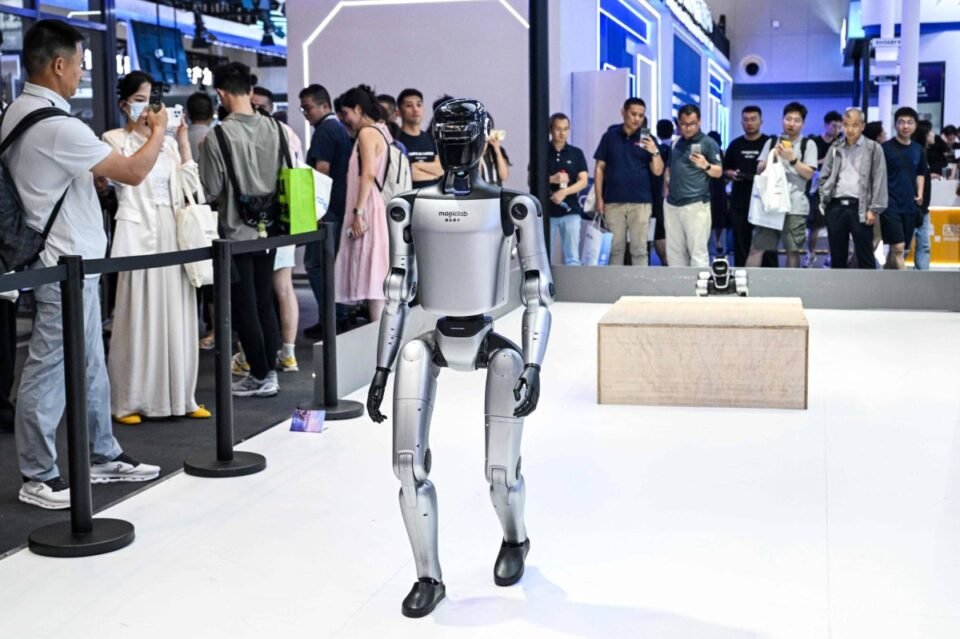At the recent World AI Conference in Shanghai, intense debates highlighted the challenges and opportunities facing China’s AI sector. The event showcased the competition between domestic companies, fueled by government support and an open-source ecosystem. This environment has enabled rapid innovation, as seen when Moonshot released a successful open-source model, prompting Alibaba to quickly enhance its own model. Beijing promotes this approach as democratizing AI access, giving local developers an advantage. However, the conference also underscored the geopolitical rivalry with the US, especially after President Trump emphasized America’s commitment to leading in AI. Despite his “America First” stance, a recent policy shift allowed Nvidia to resume chip sales in China, providing new momentum for the industry. While China’s strategy focuses on global collaboration, particularly with the Global South, questions remain about how many countries will align with Beijing. Amidst these dynamics, AI pioneer Yoshua Bengio cautioned against the rapid and potentially uncontrollable pace of AI development, yet both China and the US continue to push forward aggressively.
previous post


